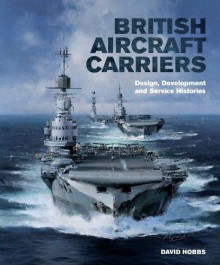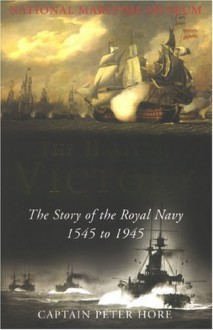
Edwyn Gray's history of British submarine warfare in the First World War is less an examination of the employment of submarines in the war than it is a collection of stories of their deployments. Drawing upon their reports and postwar memoirs, Gray recounts their experiences in dramatic fashion, interspersed with the sort of humorous anecdotes that give a sense of how the sailors coped with the unique stresses they faced. While it makes for entertaining reading, there is little effort to connect it to the larger context of the war at sea, let alone the larger conflict taking place around them. Readers seeking entertaining accounts of combat will find Gray's book well worth reading, but those seeking an analysis of their role in the war or any comparison with the similar campaign mounted by Germany will likely be disappointed by its limitations.

 Log in with Facebook
Log in with Facebook 










